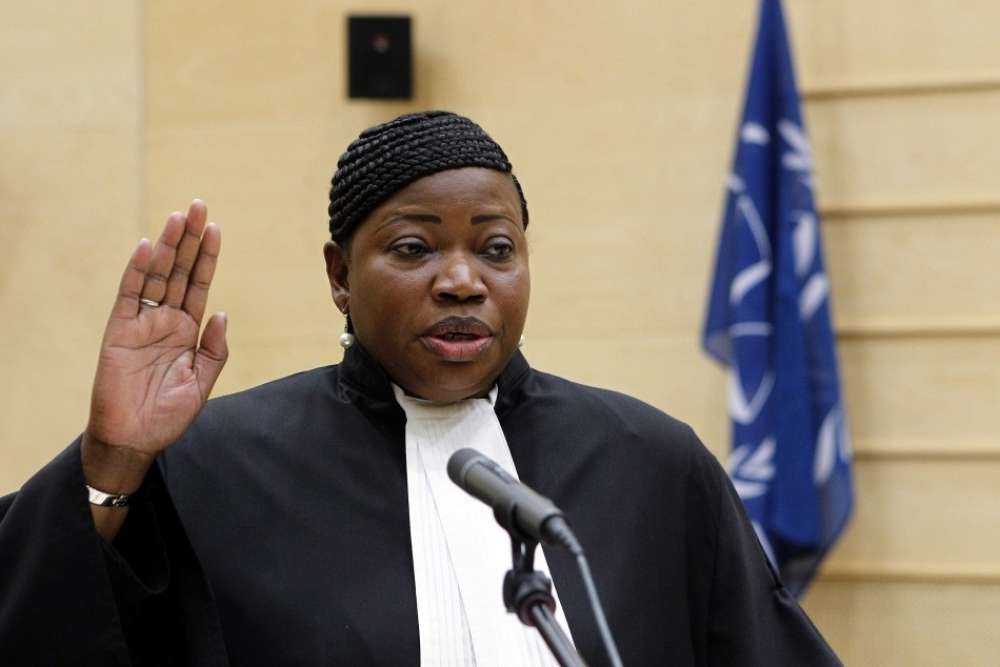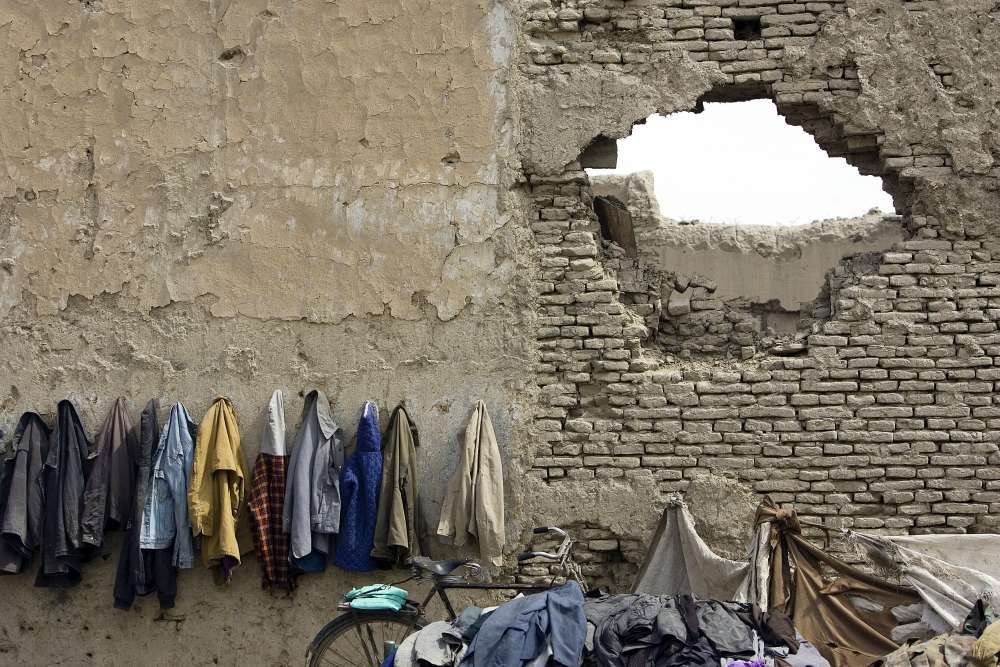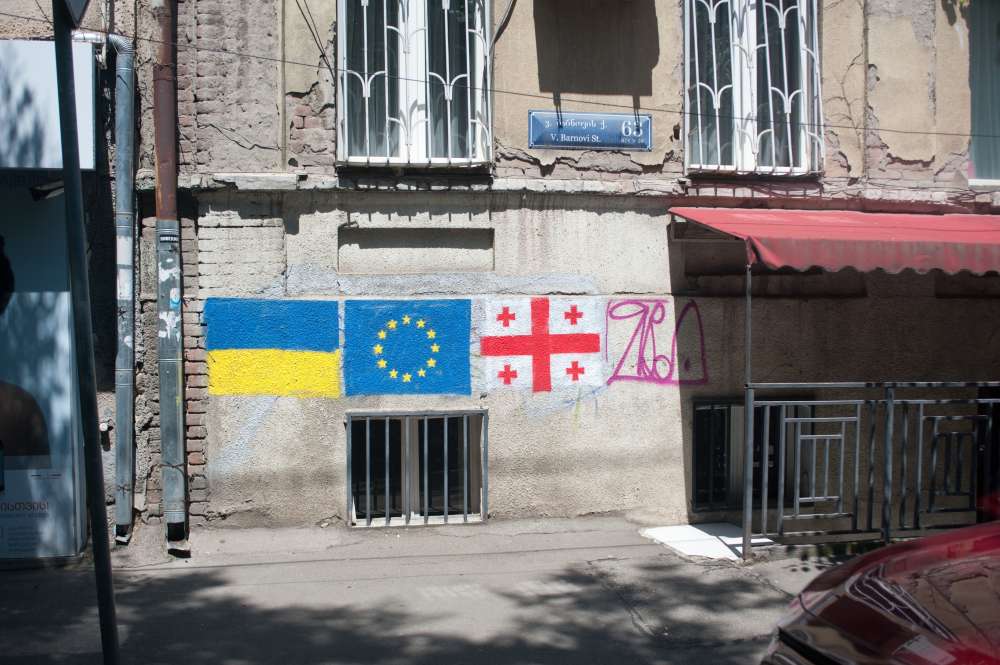World Court in the Dock

Earlier this month, Donald Trump’s press secretary, Sean Spicer, was asked if the US president believed that Syrian President Assad had committed war crimes. “I think that there is a court that decides those things,” Spicer replied. Indeed there is: the International Criminal Court (ICC) in The Hague. There are 124 countries members of the court, which has been operating since 2002 and which tries crimes against humanity, genocide, and war crimes. The United States is not a member, and yet shortly after his appointment, Trump promised to cut funding to the ICC, even though the US contributes no general funding and only very limited case-by-case support to the court . It therefore comes across as hypocritical that Trump’s press secretary now refers to the criminal court when it comes to Assad’s war crimes. The fact that the US – along with China, India, Russia, Turkey, and other powerful states – refuses to join the ICC fuels fierce criticism in weaker states that have voluntarily submitted themselves to its jurisdiction.
This criticism is particularly strong among African states. Since 2013, the ICC member states in the African Union (AU) have repeatedly threatened to collectively walk out. This would be a serious blow to the court because Africa is central to its work. With 34 member states party to the ICC, Africa represents the court’s strongest regional bloc. At the same time, all 39 people indicted by the ICC have been Africans. Nine out of 10 of the court’s “situations under observation” are in Africa. It is this focus on Africa that rouses criticism among many African politicians, who have been rhetorically on the offensive. Former AU Commission President Jean Ping complained in 2009 that Africa was a place for Western powers “to experiment” with a new kind of “legal imperialism.” The former Ethiopian chairman of the AU, Hailemariam Desalegn, denounced the ICC as a “race-hunting institution.” Gambia mocked the court last year as an “International Caucasian Court for the persecution and humiliation of people of color, especially Africans.” The parliamentary leader of South Africa’s governing political party, the ANC, argued that the court had allowed non-members like the US “to dictate and interfere with its work to suit their own imperialist agendas.”
The court’s actions against two acting heads of state, Sudanese President Bashir (prosecuted in 2008) and Kenyan President Kenyatta (prosecuted in 2010), have sharply accelerated this criticism. According to its statutes, the court does not have to take into account diplomatic immunity, but opponents maintain this is misguided for two reasons. First, they say, accusations against reigning heads of state are politically unwise. They claim that the peace process in Sudan, for example, would be jeopardized. It would be counterproductive to pursue justice at the expense of political stability. Such arguments have Western adherents too. At the beginning of the civil war in Syria, the Security Council debated whether it should refer Assad’s war crimes to the ICC. This would have failed anyway due to the Russian veto. Still, there were concerns that opening an investigation into Assad’s crimes could strengthen his recklessness. He would have had no incentive to agree to a political compromise or go into exile because the shadow of the court would have followed him.
Second, critics complain about the violation of sovereignty by the ICC. Despite a court order, the South African government did not arrest President Bashir on his visit to the country in 2015. South African Minister of Justice Michael Masutha said this was an unacceptable interference in sovereignty and would constitute “forced regime change by one country on another.” Such concerns about sovereignty are familiar to European ears. Brexit proponents, for example, fought against the alleged dictatorship by the European Court of Human Rights (wholly separate from the EU but nonetheless seen as part of the Brussels diktat).
African critics are also pursuing their own reform proposals. They favor using the African Court of Justice and Human Rights, which has greater powers than the European Court of Human Rights but provides immunity to reigning heads of government and high-ranking officials. Other countries that do not immediately want to leave the ICC are calling for greater use of Article 16 of the court statute; this allows the Security Council to delay the investigation process for up to a year in the interest of maintaining peace.
The irony that many African leaders are calling for an exodus of the supposedly politicized ICC to pursue their own political agendas has not escaped critics. The South African Noble Peace Prize laureate Desmond Tutu has accused the advocates of an ICC exit of seeking “a license to kill, maim, and oppress their people without consequences.” Botswana criticized South Africa’s decision to quit as a move that “betrays the rights of the victims of atrocious crimes to justice.”
So far, the threatened mass exodus of the AU from the ICC has not taken place. In the past year, three states have announced their intention to leave: Gambia, Burundi, and South Africa. The Supreme Court of South Africa, however, recently declared the resignation null and void. The newly elected president of Gambia withdrew the resignation request in February. And Jean Ping, who a few years ago was still a vocal critic of the court, has now demanded that the ICC investigate election-related violence in Gabon, and even sent the case to the court (he is now a major opposition figure).
But these developments should not breed too much confidence. The political situation of the court is precarious. Even if criticism by many African states is politically motivated, it gnaws at the political basis and legitimacy of the court. Combined with the persistent refusal of major powers to become members, such criticisms undermine the already weak foundation of the court. Europe, in particular, should be concerned about this, because the criminal court is the crown jewel in the EU’s efforts to civilize international politics through the global rule of law.
If Europe is interested in the viability of the ICC, it should take measures to strengthen it. Its members on the Security Council should work towards referring more non-African cases to the court wherever this makes sense. It is also necessary to provide the court with more resources to prosecute cases. And if individual members of the Security Council block investigations by the ICC (like Russia in the case of Syria), Europe should give financial support to the establishment of special measures by the UN General Assembly. European states, especially, need to fund the work of the special investigator chosen by the General Assembly in December 2016 to investigate Syrian war crimes (work has been stalled because of lack of funding). Furthermore, German and other European courts should pursue crimes against humanity in their own national courts. Germany should invest in the capacity of its judiciary to investigate crimes committed against humanity in Syria. At the same time, Europe should ensure that war crimes committed by its own citizens are punished accordingly. And in general, European states would do well to invest more in judicial capacity-building in third states to minimize the need to rely on the ICC (which only comes in if national mechanisms are unable to deal with violations).
Of course, the EU should sharply criticize Russia, China, and the US whenever they seek to manipulate or block the court’s actions. In the current global political climate, it would be impossible to create an ambitious institution like the ICC. Therefore, Europe should make every effort to stop its rapid decline.
…
This commentary is part of the Tagesspiegel Causa column “The Worlds of the Others.” The original German version can be accessed here.
Translation: Ana Lankes







